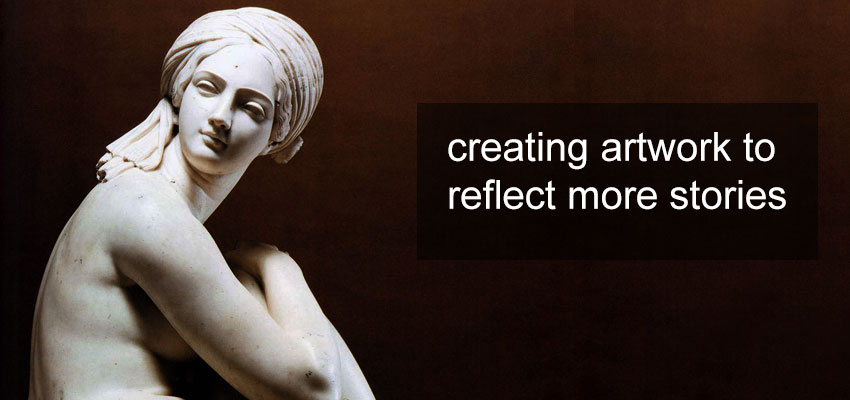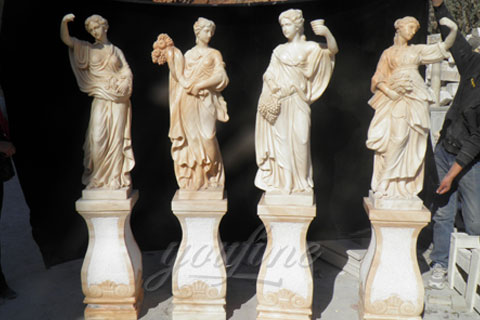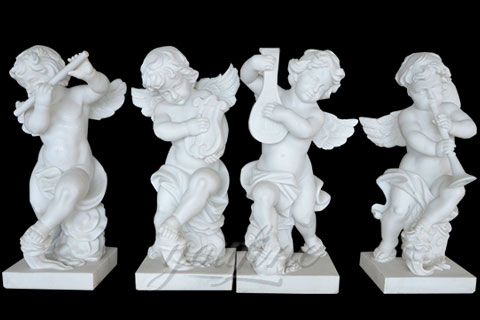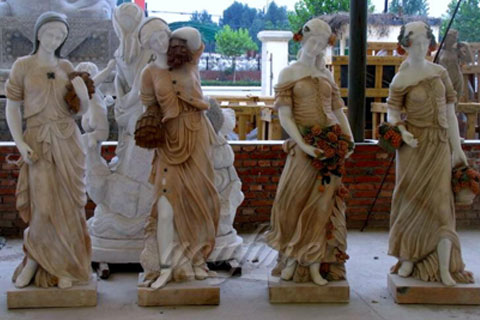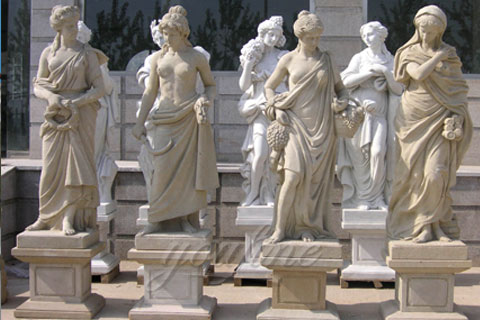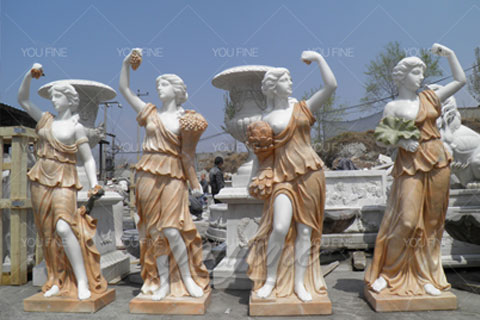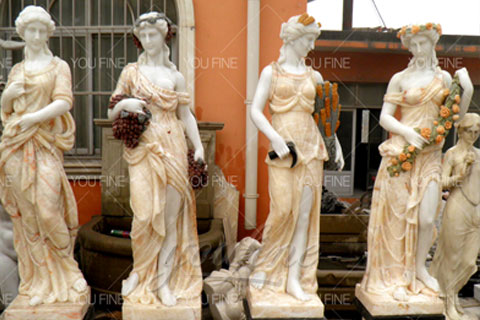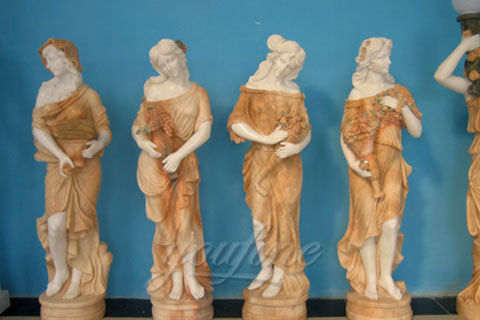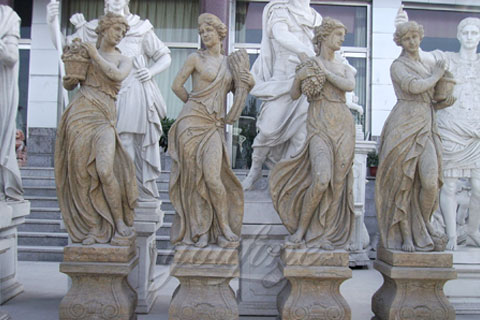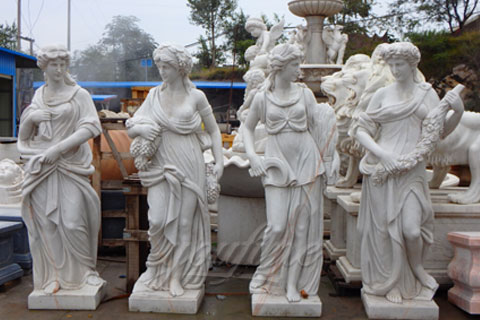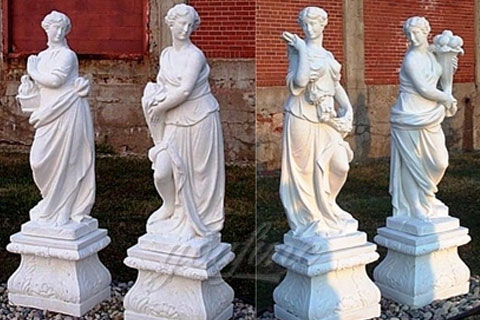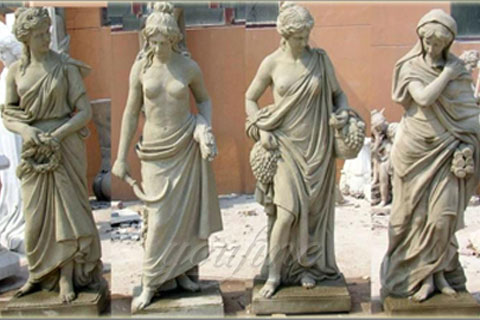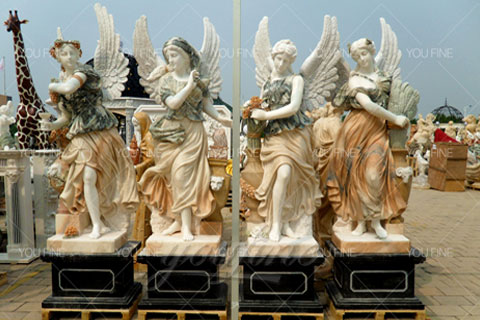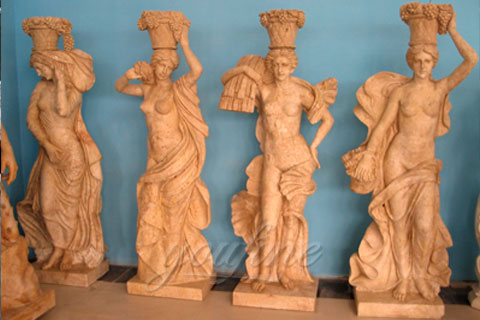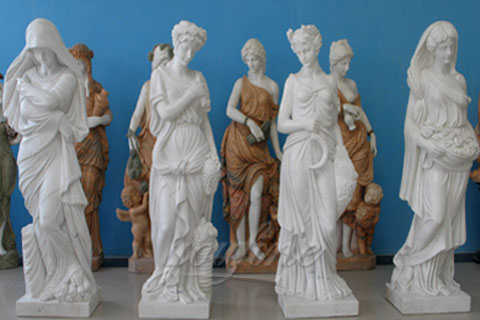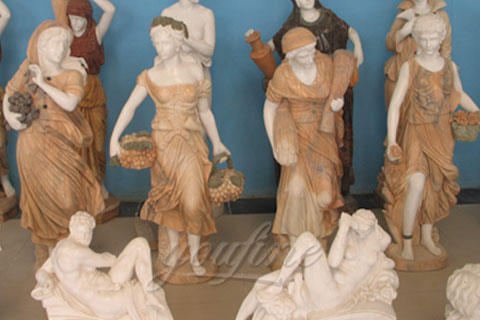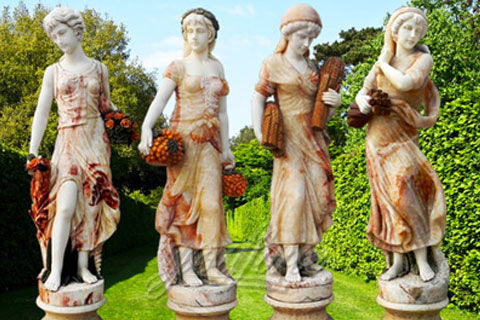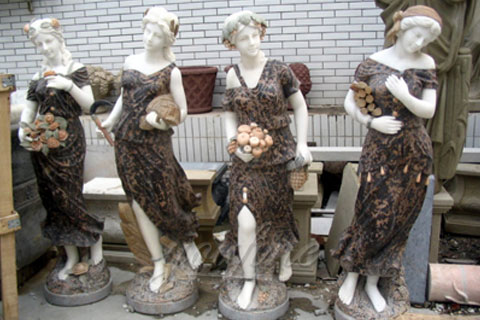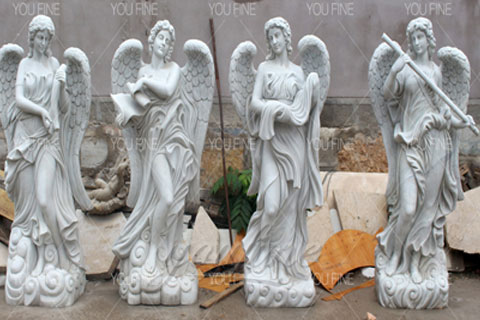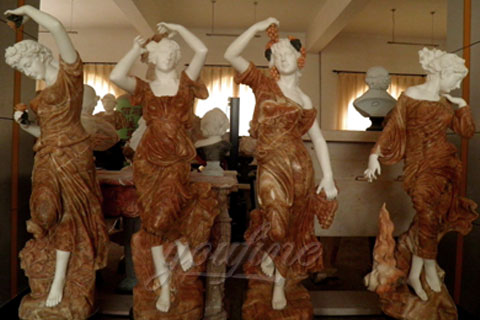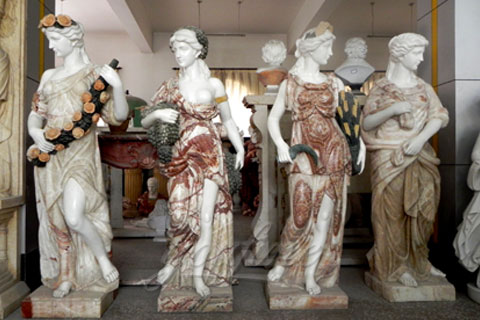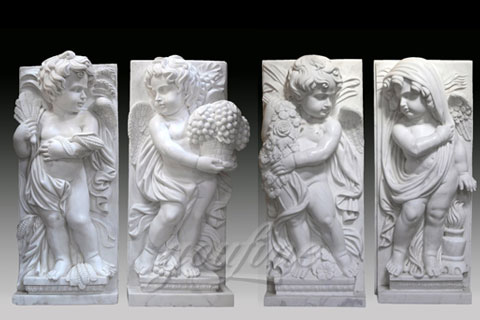- HOT Selling Statues
- Western Marble Statues
- Customized Marble Statues
- Angel Marble Statues
- Four Season Marble Statues
- Bust Marble Statues
- Lion Marble Statues
- Horse Marble Statues
- Contact Us
- Chat Online
- Send Inquiry
- News
- Europe Marble The Thinker Statues Replica 18-09-30
- Famous Sculpture Nude Male Figure Eternal Springtime Designs 18-09-30
- Famous Statue Marble The Thinker by Auguste Rodin Replica 18-09-30
- Sculpture & Carvings Marble The Thinker Statue Rodin Alibaba 18-09-30
- Famous Statue Marble Art The Thinker Statue for Decor 18-09-30
- Hot Sale Sculpture Nude Male Figure The Kiss Philadelphia 18-09-30
- Buy Sculpture Marble Art The Thinker Designs 18-09-30
- Modern Sculpture Marble The Thinker by Auguste Rodin Esty 18-09-30
- Famous Sculpture Marble Art The Thinker Statue Rodin Philadelphia 18-09-30
- Sculpture & Carvings Marble Art The Thinker Statue Philadelphia 18-09-30
Michelangelo’s Shop moses horns in Italy

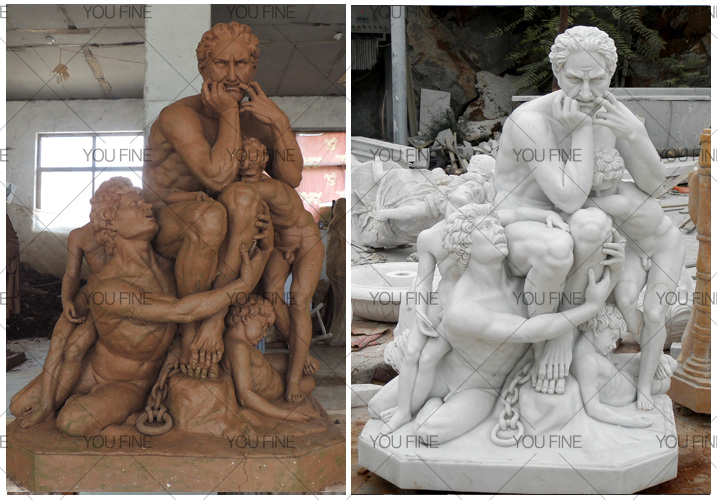
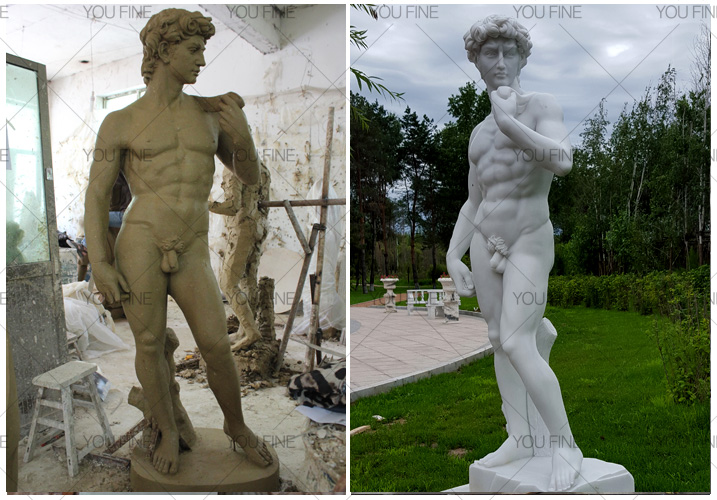
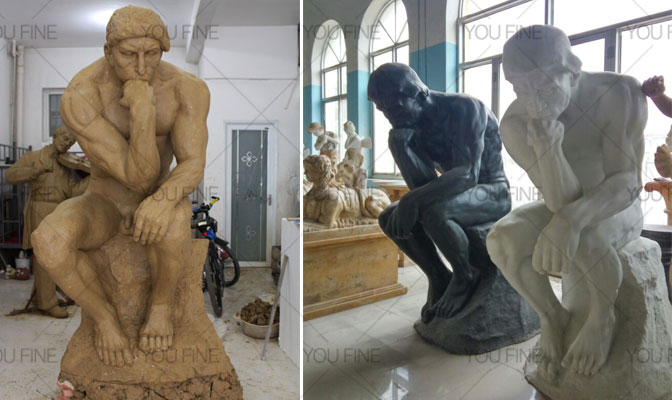
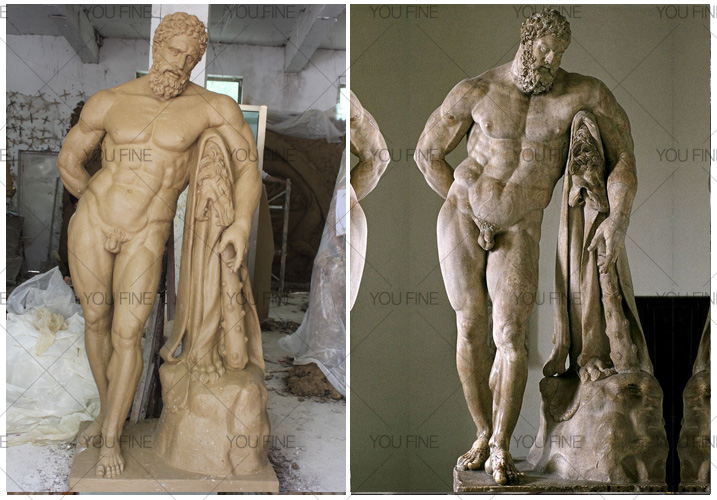
Hidden in Plain Sight: Michelangelo’s Moses | ITALY Magazine
The initial design by Michelangelo was massive, featuring more than 40 statues. Moses would have been placed on a tier almost 4 meters high; in the final design, it sits in the center of the bottom tier.
Defending Michelangelo’s Horned Moses – Taylor Marshall
Michelangelo’s famous statue of Moses at Saint Peter in Chains in Rome depicts Moses with two horns. Most claim that the horns of Moses go back to Saint Jerome’s “translation error” in the Latin Vulgate.
The Bizarre Reason Michelangelo's Moses Has Horns – Christ …
I nterestingly, though, by the time Michelangelo was working on Julius II’s tomb, it was pretty widely known that the idea of a horned Moses stemmed from an overly literal translation. Which, of course, raises the question of why Michelangelo chose to portray his Moses with horns anyway.
Moses (Michelangelo) – Wikipedia
The Moses (Italian: Mosè; c. 1513–1515) is a sculpture by the Italian High Renaissance artist Michelangelo Buonarroti, housed in the church of San Pietro in Vincoli in Rome.
Michelangelo's Moses at San Pietro in Vincoli – Art and …
You are in Home / Travel ideas / Art and History / Michelangelo's Moses at San Pietro in Vincoli. … masterpieces of Italian art, Michelangelo's Moses, … "horns …
Rome.info > Michelangelo's Moses
Moses by Michelangelo, sculpture of Michelangelo' Moses in Rome.
Why Did Michelangelo Put Horns on Moses? – Timeless Italy Travels
Well of Moses, 1395 museum in Dijon (photo credit http://www.wga.hu) Whatever the reasons, Michelangelo’s Moses is far from the Charlton Heston version in the movie, The Ten Commandments. In the scene where he comes down from the mountain, his hair is streaked in white and his facial expressions mean business. He radiates light, but no horns.
Horny Jew: What’s the deal with Michelangelo’s Moses? | Galus …
By Simon Holloway Almost everybody who has been to Italy has seen it … What’s the deal with Michelangelo’s Moses … to be saying that Moses grew horns, …
Moses (marble sculpture) (video) | Khan Academy
Michelangelo, Moses, marble, ca. 1513-15 (San Pietro in Vincoli, Rome) Speakers: Dr. Beth Harris, Dr. Steven Zucker. Usually considered unfinished, these sculptures were originally intended for the tomb of Pope Julius II.
Why is Moses depicted with horns? – Art and Liturgy
Did Moses actually sprout horns? … Why is Moses depicted with horns? … and you’ll find that the subject has sprouted a pair of horns. Michelangelo’s sculpture …
Why Did Michelangelo Put Horns on Moses? – Timeless Italy Travels
Why Did Michelangelo Put Horns on Moses? … Michelangelo’s Moses in the Church of San Pietro in Vincoli, … ← Wine and Dine with Italy’s Piero Mastroberardino.
Defending Michelangelo's Horned Moses – Taylor Marshall
A rt historians love to debate the horns of Moses. Michelangelo’s famous statue of Moses at Saint Peter in Chains in Rome depicts Moses with two horns. Most claim that the horns of Moses go back to Saint Jerome’s “translation error” in the Latin Vulgate.
Moses (Michelangelo) – Wikipedia
The Moses (Italian: Mosè; c. 1513 … A book published in 2008 advanced a theory that the "horns" on Michelangelo's statue were never meant to be seen and …
Hidden in Plain Sight: Michelangelo’s Moses | ITALY Magazine
Hidden in Plain Sight: Michelangelo’s Moses. Silvia Donati … The two horns on Moses’ head are thought to be due to an incorrect translation … Italy's Magical …
Michelangelo's Moses – Review of San Pietro in Vincoli, Rome, …
Sep 18, 2016 · San Pietro in Vincoli: Michelangelo's Moses – See 5,042 traveler reviews, 2,048 candid photos, and great deals for Rome, Italy, at TripAdvisor.
The Bizarre Reason Michelangelo's Moses Has Horns – Christ and…
The Bizarre Reason Michelangelo’s Moses Has Horns. Luke T. Harrington. michelangelo.org. … “Now, speak!” (but in Italian, so it sounded sexier), …
Why Did Michelangelo Put Horns on Moses?
Why Did Michelangelo Put Horns on Moses? Susan Nelson … in LA with the Italian Design Day and it is once again time to talk about Italy’s most creative …
Michelangelo's Moses at San Pietro in Vincoli – Art and History…
… is nicknamed Italy's … You are in Home / Travel ideas / Art and History / Michelangelo's Moses at San Pietro in Vincoli. … The horns on the head of Moses …
Rome.info > Michelangelo's Moses
Michelangelo's Moses The Moses by Michelangelo can be dated from 1513-1515 and was to be part of the tomb of Pope Julius II. The posture is that of a prophet, posed on a marble chair, between two decorated marble columns.
Moses (marble sculpture) (article) | Khan Academy
… Moses (marble sculpture) … You might marvel at Moses' horns. … In comparing Michelangelo's Moses to an Early Renaissance sculpture by Donatello, …
★ 1.Hermes and the Infant Dionysus, also known as the Hermes of Praxiteles or the Hermes of Olympus, is an ancient Greek sculpture of Hermes and the infant Dionysus, discovered in 1877, in the ruins of the Temple of Hera at Olympia.
★ 2.Abraham Lincoln is a colossal seated figure of U.S. President Abraham Lincoln sculpted by Daniel Chester French and carved by the Piccirilli Brothers.
★ 3.
Apollo and Daphne is a life-sized Baroque marble sculpture by Italian artist Gian Lorenzo Bernini, executed between 1622 and 1625. Housed in the Galleria Borghese in Rome, the work depicts the climax of the story of Daphne and Phoebus in Ovid's Metamorphoses.
★ 4.
The Apollo Belvedere or Apollo of the Belvedere—also called the Pythian Apollo—is a celebrated marble sculpture from Classical Antiquity.
★ 5.
The Dying Gaul, also called The Dying Galatian(in Italian: Galata Morente) or The Dying Gladiator, is an Ancient Roman marble copy of a lost Hellenistic sculpture, thought to have been originally executed in bronze.
★ 6."David" is a masterpiece of Renaissance sculpture created between 1501 and 1504, by the Italian artist Michelangelo. It is a 5.17 meter (17 feet) marble statue of a standing male nude. The statue represents the Biblical hero David, a favored subject in the art of Florence.
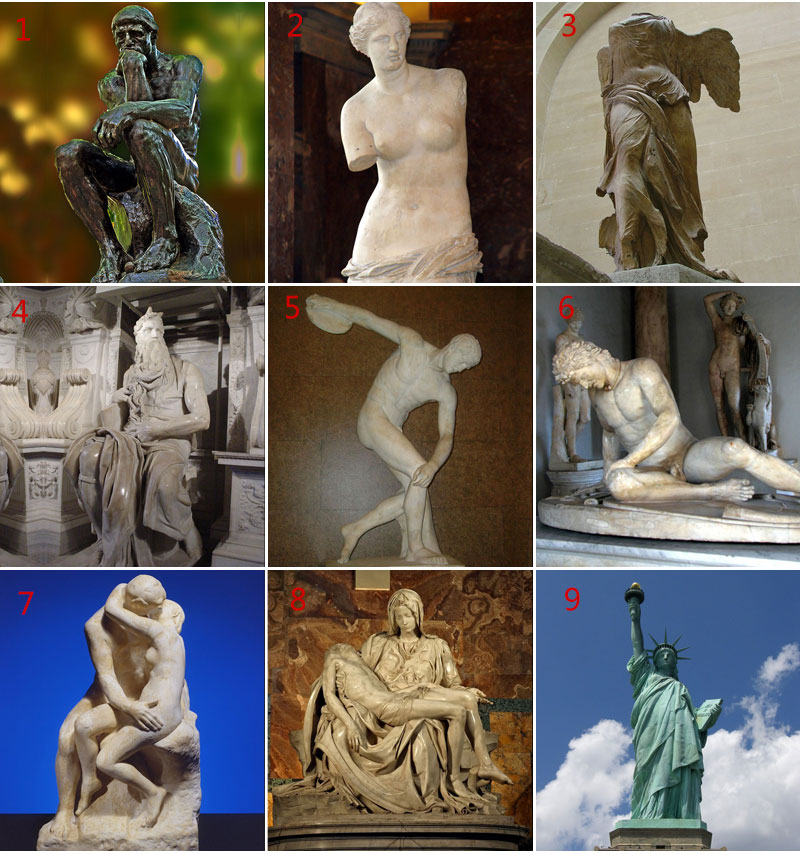
● 1.
From Auguste Rodin, is the famous sculpture "The Thinker." Originally named The Poet, the piece was part of a commission by the Musée des Arts Décoratifs, Paris to create a monumental portal to act as the door of the museum.
● 2.
The Venus de Milo sculpture was created sometime between 100 and 130 B.C. it is believed to depict Aphrodite (Venus to the Romans) the Greek goddess of love and beauty.
● 3.
The Winged Victory of Samothrace, also called the Nike of Samothrace, is a marble Hellenistic sculpture of Nike (the Greek goddess of victory), that was created about the 2nd century BC. Since 1884, it has been prominently displayed at the Louvre and is one of the most celebrated sculptures in the world.
● 4.
The Moses is a sculpture by the Italian High Renaissance artist Michelangelo Buonarroti, housed in the church of San Pietro in Vincoli in Rome.
● 5.
The Discus Thrower, or the Discobolus, is a famous lost Greek bronze original. The sculpture of it is still unknown. The Discobolus was completed towards the end of the severe period (460-450 BC).
● 6.TThe Dying Gaul,also called The Dying Galatian(in Italian: Galata Morente) or The Dying Gladiator, is an Ancient Roman marble copy of a lost Hellenistic sculpture, thought to have been originally executed in bronze.
● 7.
The Kiss is an 1889 marble sculpture by the French sculptor, Auguste Rodin (1840-1917). This sculpture has a interesting story to it. it depicts the 13th-century Italian noblewoman immortalized in Dante's Inferno, who falls in love with her husband, Giovanni Malatesta's, younger brother Paolo.
● 8.
Created by Michelangelo (1475-1564), the Pieta depicts the Virgin Mary holding her only son, Jesus Christ, in her arms.
● 9.
The Statue of Libertyis a colossal neoclassical sculpture on Liberty Island in New York Harbor in New York City, in the United States. The copper statue, a gift from the people of France to the people of the United States, was designed by French sculptor Frédéric Auguste Bartholdi and built by Gustave Eiffel.
Packing and Shipping Policy
We want you to love it. If you don't, you may return your purchase within 30 days of delivery. All you need to do is visit our Self-Service Return Center for instructions. Return credits are issued within 24 hours once the item is received and inspected. Please note that shipping charges are non-refundable. The cost of return shipping will be deducted from your refund.


